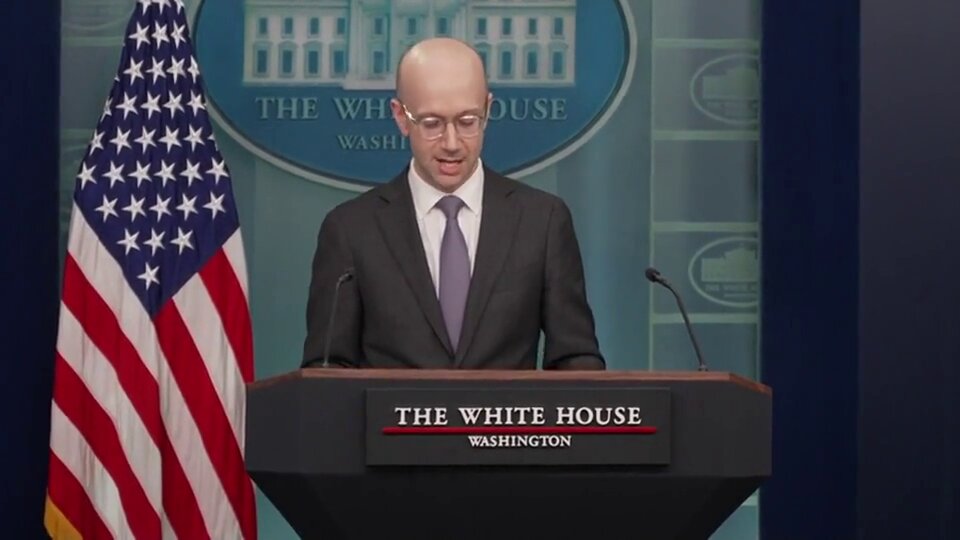The statement questions President Biden's use of executive privilege to withhold audio recordings, suggesting a lack of transparency and implying that the President has something to conceal. This statement is a part of public discourse as it engages with issues of government transparency and accountability.
- The statement could potentially harm reputations by implying wrongdoing without presenting substantiated evidence, thus not fully adhering to the principle of doing no harm. [-1]Principle 1:I will strive to do no harm with my words and actions.
- The statement respects the dignity of the individuals by not engaging in personal attacks, focusing instead on actions related to public office. [+1]Principle 2:I will respect the privacy and dignity of others and will not engage in cyberbullying, harassment, or hate speech.
- The accusatory tone may not promote understanding or compassion, potentially polarizing public opinion rather than fostering a constructive dialogue. [-1]Principle 3:I will use my words and actions to promote understanding, empathy, and compassion.
- The statement engages in criticism but lacks a constructive approach, focusing more on casting doubt rather than fostering dialogue or seeking clarification. [-1]Principle 4:I will engage in constructive criticism and dialogue with those in disagreement and will not engage in personal attacks or ad hominem arguments.
- The statement does not acknowledge the complexities of executive privilege or the reasons why it might be invoked, which could be seen as a failure to correct or acknowledge potential misunderstandings. [-1]Principle 5:I will acknowledge and correct my mistakes.
- The statement uses its platform to question government actions, which is a legitimate use of influence in society, aiming to hold leaders accountable. [+1]Principle 6:I will use my influence for the betterment of society.
